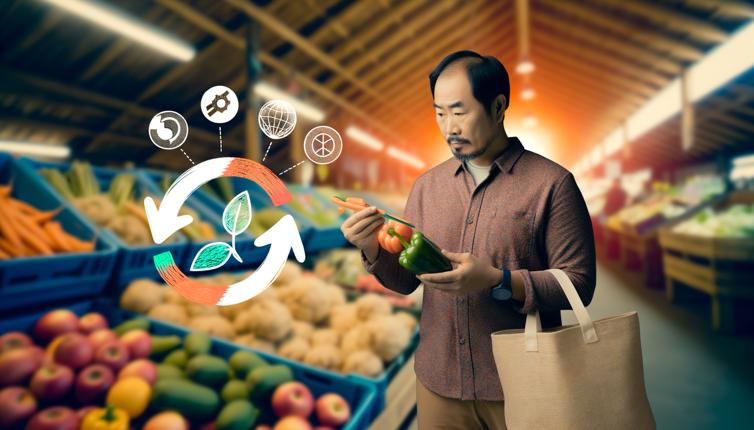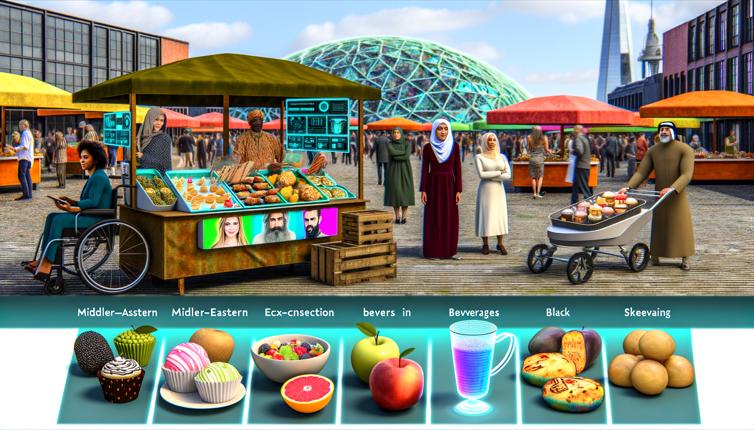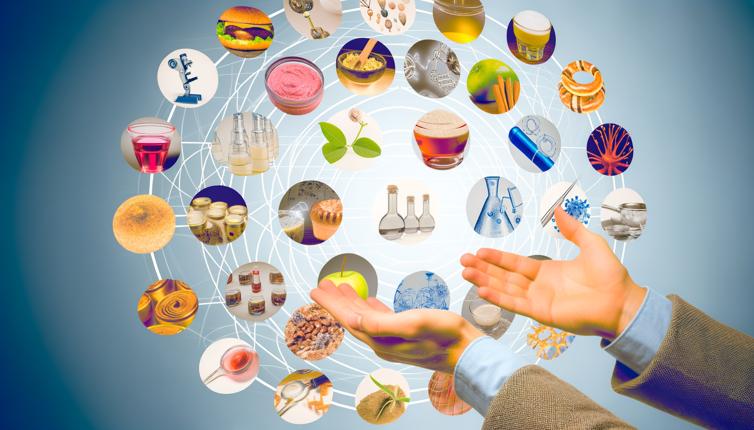Understanding Sustainable Food Choices
To make sustainable food choices, it is essential to understand the concept of sustainability in the food and beverage industry. Sustainability refers to the practices that minimize the negative impact on the environment, support social and economic well-being, and ensure the availability of resources for future generations.,Some key factors to consider when making sustainable food choices include:,- Locally sourced ingredients: Choosing food and beverages made with locally sourced ingredients reduces the carbon footprint associated with transportation and supports local farmers and producers.,- Organic and certified products: Opting for organic and certified food and beverages ensures that they are produced using environmentally friendly practices, without harmful pesticides and genetically modified organisms (GMOs).,- Sustainable packaging: Look for products that are packaged in eco-friendly materials, such as biodegradable or recyclable packaging.,- Seasonal and plant-based options: Consuming seasonal and plant-based foods reduces the energy, water, and land resources required for production, as well as the greenhouse gas emissions associated with livestock farming.,By considering these factors, consumers can make more sustainable food choices that contribute to a healthier planet.
Tips for Making Sustainable Food Choices
Here are some practical tips to help you make environmentally friendly decisions in the food and beverage industry:,- Familiarize yourself with sustainable certifications: Look for labels like USDA Organic, Fair Trade, Rainforest Alliance, and Marine Stewardship Council (MSC) that ensure sustainable production practices.,- Support local farmers markets: Buying directly from local farmers not only supports the local economy but also reduces the environmental impact of long-distance transportation.,- Reduce food waste: Plan meals, buy only what you need, and compost food scraps to minimize food waste.,- Choose sustainably sourced seafood: Look for seafood that is certified by organizations like the MSC to ensure it comes from well-managed fisheries.,- Opt for tap water or refillable containers: Instead of buying bottled water or single-use beverage containers, opt for tap water or bring your own refillable bottle.,- Reduce consumption of processed and packaged foods: Processed and packaged foods often have a higher carbon footprint due to energy-intensive production and packaging materials.,- Grow your own food: If possible, consider growing your own fruits, vegetables, and herbs to reduce your reliance on store-bought produce.,By applying these tips to your daily life, you can make a positive impact on the environment and support sustainable practices in the food and beverage industry.
The Importance of Sustainable Food Choices
Making sustainable food choices is important for several reasons:,- Environmental impact: The food and beverage industry has a significant environmental impact, including greenhouse gas emissions, deforestation, water pollution, and waste generation. By making sustainable choices, we can reduce these negative impacts and protect natural resources.,- Health and well-being: Sustainable food choices often prioritize fresh, whole foods that are rich in nutrients. Consuming a diet high in fruits, vegetables, and whole grains has been associated with numerous health benefits and can contribute to overall well-being.,- Supporting local communities: Choosing locally sourced food and supporting small-scale farmers and producers helps to strengthen local economies and communities.,- Future generations: By adopting sustainable food choices, we can ensure the availability of resources for future generations and create a more sustainable food system.,In conclusion, making sustainable food choices is essential for the well-being of the planet and future generations. By understanding the concept of sustainability, following practical tips, and being mindful of our consumption, we can make a positive impact on the environment and support the growth of a sustainable food and beverage industry.
Conclusion
By making sustainable food choices, consumers can contribute to a healthier planet and support the growth of a sustainable food and beverage industry. It is important to understand the concept of sustainability, follow practical tips, and be mindful of our consumption. Together, we can make a positive impact on the environment and create a better future for generations to come.








